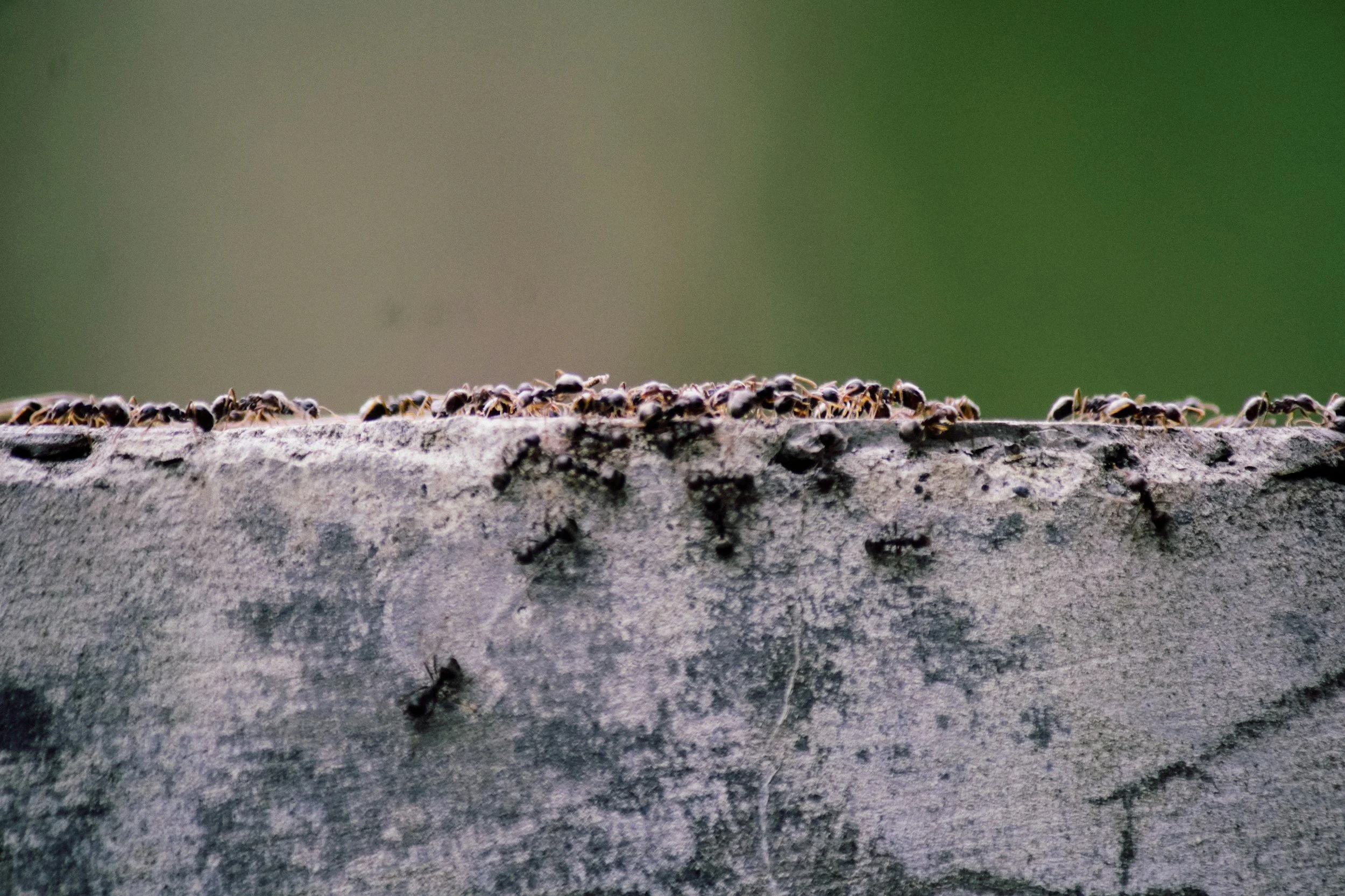St. Michael and All Angels 2025
By: The Reverend Marjorie Bevans
Texts: Genesis 28:10-17; Revelation 12:7-12; John 1:47-51
Tomorrow is the Feast Day of St. Michael and All Angels, our patron saint. I’m not sure why our church was named St. Michael’s, but it is a good thing for us to know about St. Michael and all his Angels.
The second lesson is from the Revelation to John, and it’s the primary New Testament lesson about St. Michael the Archangel. Michael and his angels fought against Satan and his angels, and Satan and his angels were expelled from heaven to earth.
One thing that makes Revelation difficult to understand is it is a vision given to the Apostle John. While it’s mostly about the future, about the ultimate triumph of the Lamb of God at the end of time, it’s also a look at what is ongoing behind the scenes, and has been ongoing since The Fall of Adam and Eve.
In the Old Testament, Michael is mentioned in the Book of Enoch and Daniel as one of seven archangels who work for God. Michael is the chief of the seven, and he’s engaged in fighting the ‘prince of Persia,’ which is present day Iran. Michael is the defender of the people of God, meaning the defender of Israel. And that role has extended into our time where Michael is now also the patron saint of police officers, those who protect the innocent.
From what do the people of God need protection?
Whether or not most of the people in this world would acknowledge it, we have been engaged in a spiritual battle between good and evil since the the Fall. We need protection from evil.
Much of human history is about war. What seems to drive it is a quest for power, or security, or land. There are significant ideological clashes—Marxism, atheism, progressivism, socialism, and communism against Christianity, natural human rights, and all forms of self-determination. There are differences in cultural values and practices, and jealousy, fear, and hatred come into play.
However, the root of all suffering in this world is evil and it is spiritual—meaning it has to do with God and, consequently, with Satan, and the condition of our souls. No one wants to believe they are evil, but Satan is the great deceiver. He uses lies and deception, and half-truths to turn people to the 'dark side’.
While Satan and his angels may have lost the war in heaven, and they were kicked out of heaven, Satan’s home now is the world, this earth upon which we live. Satan and his angels no longer have access to God, but we Christians do. The best defense against being deceived is to continually seek the truth. Ultimate truth is found in God, which is why the Word of God is central to understanding what is good and what is evil.
While groups of people fight one another over ancient disputes, and more recent ideological ones, the conflict with evil is most importantly a battle within the heart and soul of each person. This is not just seen in worldly events or even in interactions between individuals. These worldly events are the outward manifestation of what is going on inside us. For this reason, the great Christian thinkers warn us to ‘guard what is in our hearts.’ Does it come from God, or from Satan’s influence? It is a lot easier to be influenced by Satan.
When we were growing up we used to think ground zero for the final battle between good and evil was Washington, D.C. or Moscow. We lived in the nighttime glow of Washington, so we paid attention. The place of the final battle has shifted from time to time, in ancient times—Israel and Babylon, in the first century—Rome and Jerusalem, during World War II—London and Berlin, in our time—Gotham and small town America.
Meanwhile, the fight between good and evil is also here at St. Michael’s, not outwardly, but inwardly. It is being fought in our souls, to whom do we belong, and what does that mean?
Satan’s true focus is on the people of God, which would be the church, all Christians. His primary goal is to draw people away from God. C.S. Lewis’ “Screwtape Letters” provides an insightful description of the tools Satan uses to do this. If you’ve not read it, or not ready it recently, please do. It’s definitely worth reading or re-reading.
God has blessed St. Michael’s for over 70 years. Through the years we have grown as Christians in our relationship with God in good times and bad, developed life-long cherished relationships—even across the political divide, and have been married and also buried here. Generations of saints who built this church are now out there in the cemetery. We have such good memories upon which to build the future for coming generations, which brings me to Sophie.
We welcomed Sophie into our extended family in February, and now we are all together welcoming her into the family of God. Jesus Christ will know her and reach out to her so that she can feel his love and protection. Brandon and Mary, and Sophie’s grandparents and godparents will all have a role in helping her with this. And we do too.
We are called to teach by word and example the Good News of Jesus Christ, that there is a stream of fathomless love coming from God, that will sustain all of us through good times and bad. We want Sophie to have what was given to us too, so long ago, what has brought us to be here this morning. May the Archangel Michael and All his angels, guard our hearts and protect us all. Amen.






